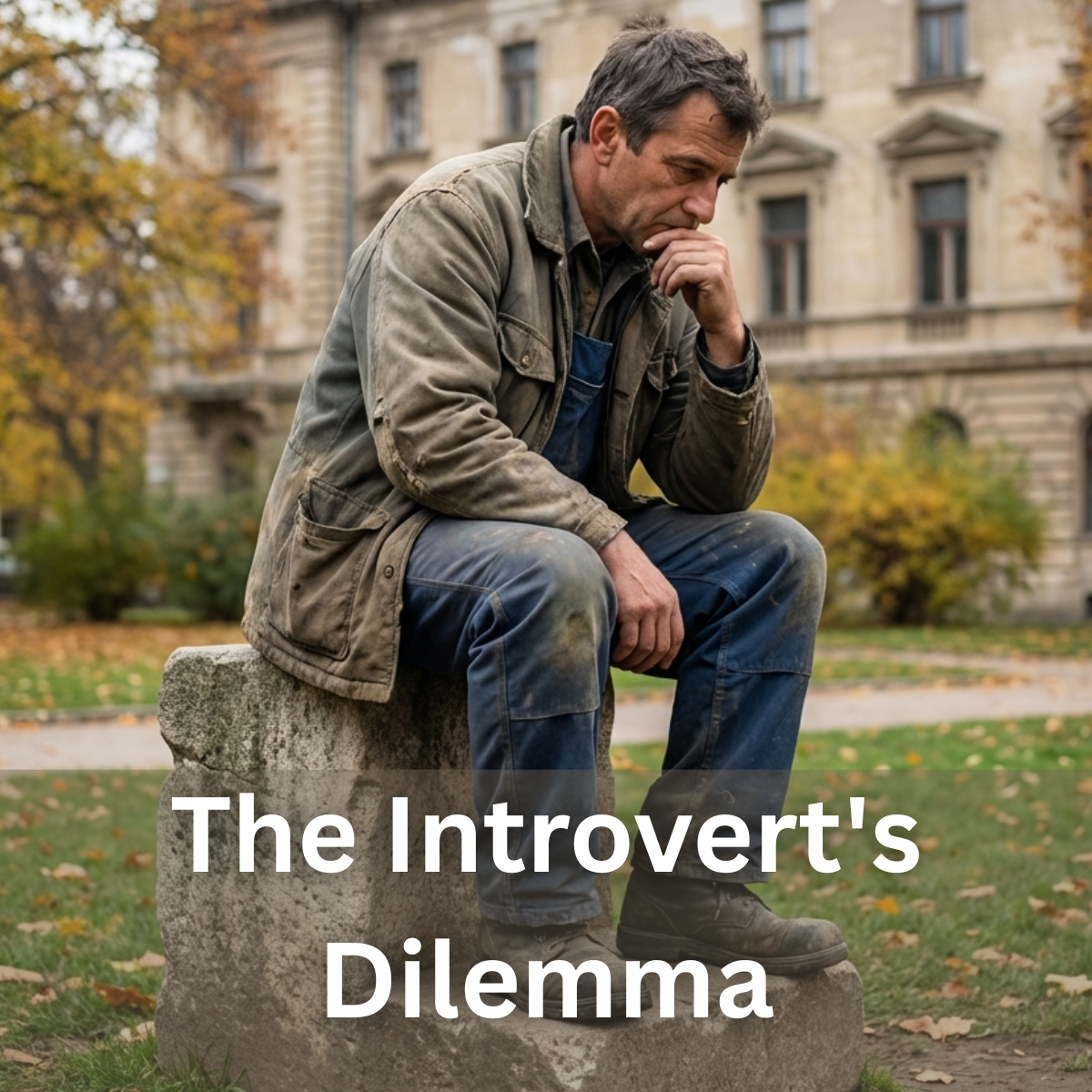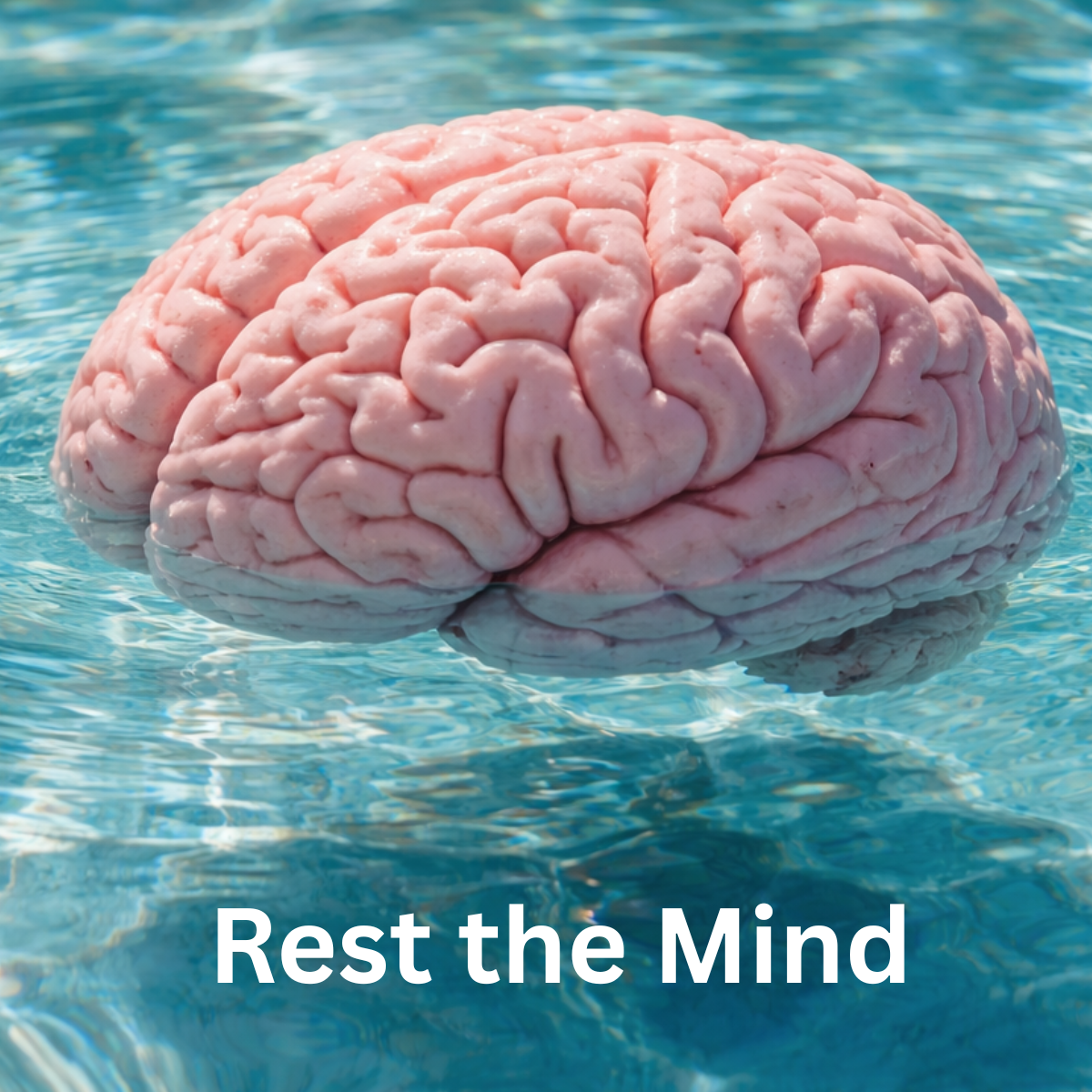In the pursuit of personal and professional growth, a common obstacle many face is a lack of confidence. This shortfall often stems from a deficit in self-trust, a concept eloquently broken down by Stephen Covey in his book “Trust and Inspire.” Covey proposes that trust equals expertise plus intent. This article delves into the two critical aspects of this equation: building expertise and formulating the right intent.
Watch my video on Trusting Yourself, here
Section 1: Building Expertise
The phrase “fake it till you make it” is frequently bandied about as a strategy for tackling challenges beyond our current skill set. However, the real challenge with this approach is not about deceiving others; it’s about self-perception and confidence. When you are aware of your own lack of understanding or expertise in a subject, it inherently affects your self-confidence.
Building expertise isn’t just about gaining external validation or recognition. It’s about cultivating a deep, personal confidence in your decision-making abilities. When you invest time and effort into understanding a topic thoroughly, you start to trust your judgment and decisions regarding that topic. This core level of expertise doesn’t just contribute to your skill set; it fundamentally boosts your confidence.
For instance, in my personal experience, I have often taken on roles and responsibilities for which I initially felt underqualified. This never deterred me. I realized that dedicating time to learning and building my expertise significantly enhanced my confidence. It’s not just about being able to do something; it’s about knowing that you’ve put in the effort to understand it deeply.
Section 2: Formulating the Right Intent
Intent is the other half of the trust equation. It’s a deeply personal aspect that only you can truly know and understand. If your intent behind an action or goal is insincere or unclear, it can lead to failure and a consequent loss of confidence. However, it’s rare for us to pursue something without any intent. The problem often lies in self-deception – going through the motions without fully understanding or acknowledging our true motivations.
Mindful practices play a crucial role in clarifying our intent. By connecting with our thoughts and motivations, we understand why we are pursuing a particular path. This clarity of intent guides our actions and builds our confidence. Knowing that you’re seeking something for the right reasons – reasons that resonate with your core values and beliefs – empowers you to succeed.
In my life, I’ve realized that understanding the ‘why’ behind my actions has been critical. Whether I was qualified or not, knowing my purpose and having clarity on my intent gave me the confidence to take on various challenges. It’s not just about doing something; it’s about knowing why you’re doing it and ensuring that your reasons align with your values and goals.
Conclusion
Building trust in oneself is a journey of developing expertise and clarifying intent. As you invest time in learning and understanding your true motivations, you’ll find that your confidence naturally grows. Trusting yourself is more than just believing you can do something; it’s about knowing you’ve prepared adequately and are pursuing your goals for the right reasons.




